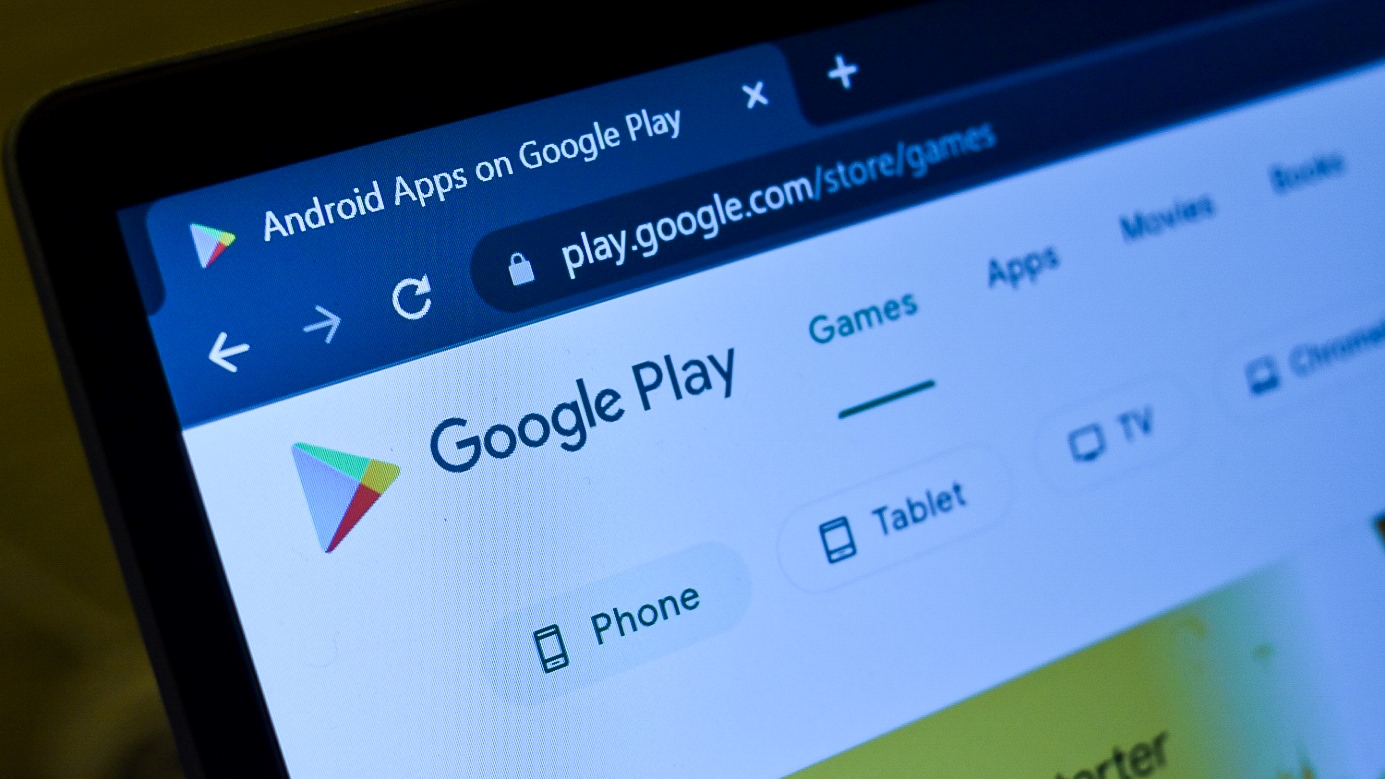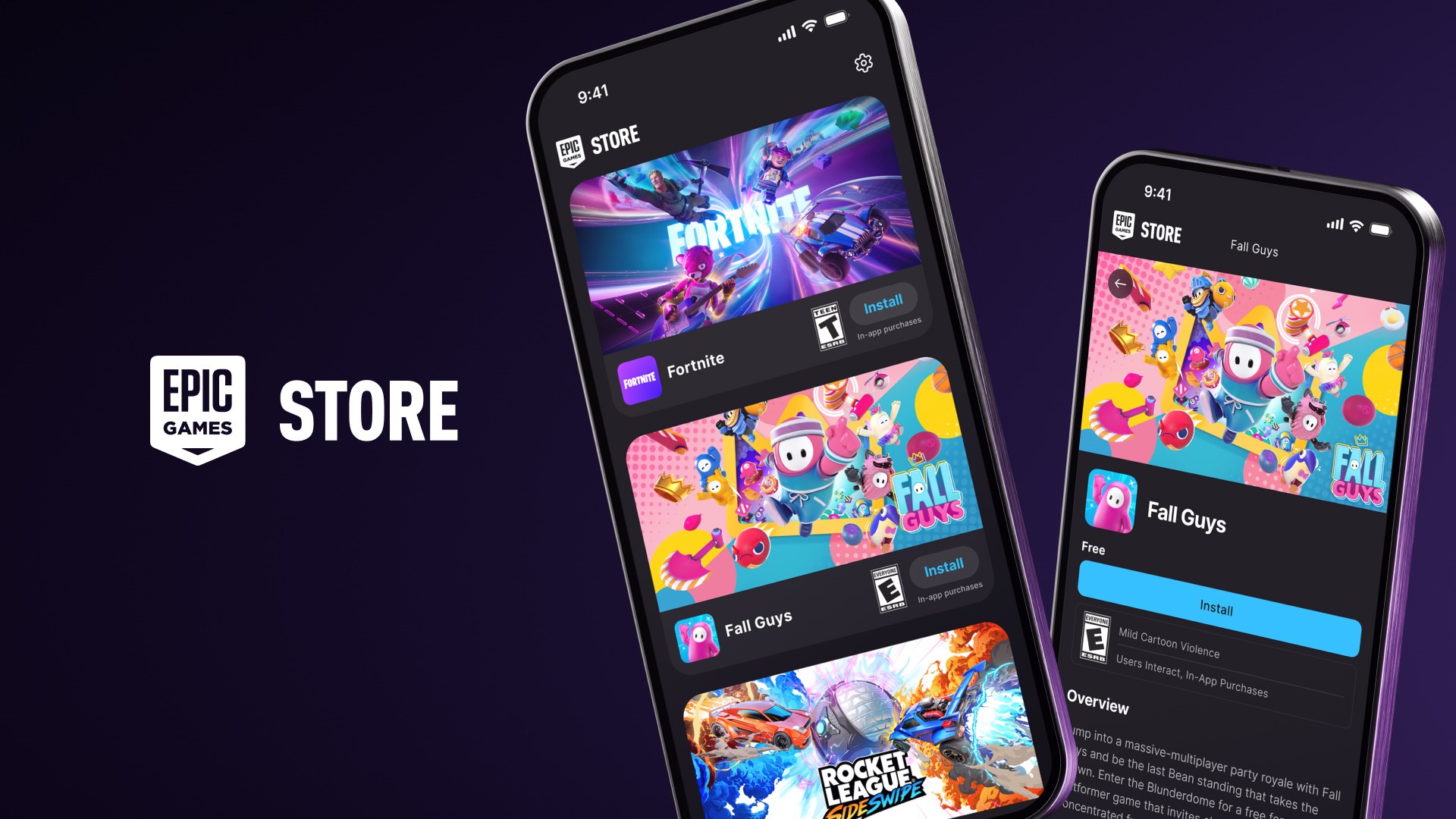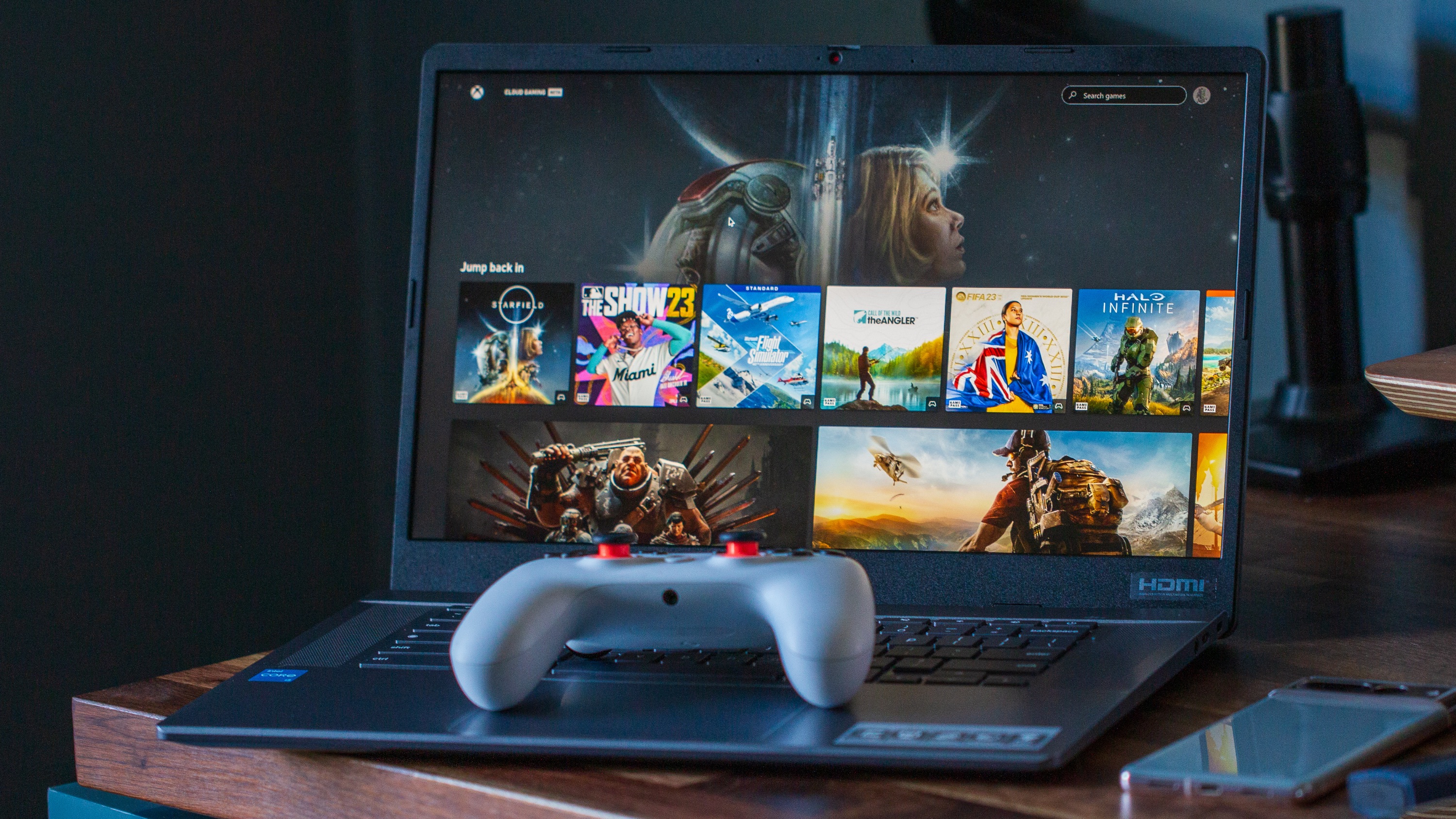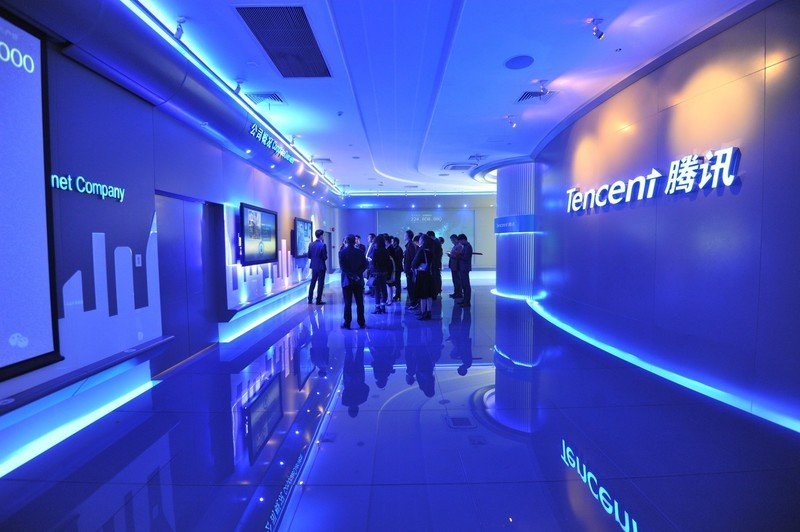Google has lost its appeal with the Ninth Circuit against a 2023 verdict, where a jury found that Google’s app store and payments system were illegal monopolies. Good, because it’s a prime example of a huge tech company abusing its market status.
This whole thing is a mess that doesn’t affect most people. Something needs to be done to sort out what companies like Google, Apple, Microsoft, etc. can legally get away with, but each small step seems to make the lines more blurred and confusing.
Android & Chill
One of the web’s longest-running tech columns, Android & Chill is your Saturday discussion of Android, Google, and all things tech.
The problem is that there are so many different lawsuits and appeals that it’s hard to keep track of them. It’s equally hard to determine who might be the good guy and who isn’t. Here’s a hint: none of them are looking out for you. Not the companies, not the CEOs of those companies, and definitely not the lawyers.
The short term

As mentioned, there are appeals and motions for emergency stays and every other legal trick that can retain the status quo in the works. Ignoring all those, here’s what has to be done in the next few weeks:
Google must stop forcing apps to use Google Play Billing services.
Google must allow app developers to advertise and steer users towards other app distribution platforms.
Google must limit or eliminate the perks and favors it offers in exchange for the installation of its own apps, or methods used to block installations from outside of Google Play.
Nothing to do with third-party app stores, Epic Games, or Fortnite billing will happen for at least eight more months, provided Google loses that hearing too. And it might.
The next step

What happens in 2026 may be a bit more dramatic, especially if you’re an independent app developer. There are plenty of small details, but the two that stand out are:
Google must allow third-party app stores to be listed in the Google Play Store.
Google must share the Google Play Store’s full app catalog with those third-party stores.
Of course, Google thinks this is a horrible decision that will affect user safety and privacy (they’re right), and Epic Games thinks this is a “Total victory” (for them, it is a win).
I’ve reached out to Epic Games for anything they may have to say to clarify, and I was directed to this Tweet from Tim Sweeney.
Total victory in the Epic v Google appeal! https://t.co/6jE6Wudqd6July 31, 2025
For independent developers, it also means that they will have apps they uploaded to Google Play provided to other stores, like the Epic Games Store, unless they go through and opt out of the process. If they do not opt out, they face questions over billing, support, and distribution.
If you’re a developer who doesn’t have plenty of extra money and time, opt out of this ASAP. Figure out the details before you decide to allow it to happen.
All the other interesting details

First, I’m seeing a lot of people question why this happened to Google and didn’t happen to Apple, as well as a lot of reasons for it. One important thing that most people overlook is that Apple didn’t try to lie or hide anything.
Epic Games did. And the appellate court decision even mentions it. Epic embedded extra code in Fortnite for Android to try to bypass Google Play Billing. That’s a valid reason for getting kicked out, even if you don’t agree with the rule saying you must use Google Play Billing.
Epic also tried to garner a special deal with both Google and Apple, where it would pay less than the standard 30% while outwardly calling the practice anti-competitive and illegal.
Google also did. The company makes a point of being an open platform, but evidence shows it does plenty to stifle competition from other app distribution methods or make deals with phone makers to do the same.
Making users change a setting to install third-party apps may be fine, but claiming you are friendly to the idea while finding ways to make it even harder doesn’t sit well with a judge. Neither is trying to suppress evidence of it happening, but Google did both.
Apple was just Apple. “Walled garden,” “Apple’s way or the highway,” “total monopoly on devices running iOS,” say it however you like. Apple says what it is and what it does, then doesn’t try to hide any of it. In some cases, that’s enough to satisfy a judge.

Another interesting tidbit that many people aren’t mentioning is Epic Games’ relationship with the Chinese state. In 2012, Tencent bought 40% of Epic Games, and Tencent has some interesting ties to the Chinese government, with the U.S. calling it a “Chinese Military company”. Does this matter to a U.S. judge? Probably not. Should this case end up in the current Supreme Court, that may change.
Finally, Microsoft may get what it has wanted for decades, a real foothold in the mobile world. Should third-party stores become the norm on Android, you can bet there will be one hell of an Xbox Games store where you pay for Game Pass and get every Microsoft app right beside the most popular Android apps from Google Play. And Microsoft gets the profit from it.
What it means for us

Not much. Epic Games and Tim Sweeney want more money. Google wants more money. Both companies want that money to come from you.
If you want to install apps that didn’t come from Google Play, you probably already know how to do it. There are instructions and tutorials everywhere. If you just want to tap a button and install the apps and games from the store already installed on your phone, you can continue to do so. If you didn’t have any opinion about it all or didn’t even know, tech websites making a big deal over these trials and hearings isn’t going to change that.
If all the appeals are lost and Google must do everything the courts have decided, Google will lose some of its ability to make money. Companies like Epic Games will have a new way to make money. You’re still parting with the money either way. This case isn’t going to give Tim Sweeney the kind of bank account that Musk or Bezos has. It also isn’t going to turn Google into Nokia, so it can slowly die. (That’s a great book, by the way. Read it if you’re a phone nerd.)
What could happen is you end up installing something without the same level of user protections you’re used to having. This is one of Google’s best arguments against things like adding third-party stores or sharing the Google Play app catalog. Epic Games (for example) may not be willing or able to spend the same amount of money that Google does policing the apps in its store. That’s easily remedied if you pay attention, which all tech companies don’t want you to do. Do it anyway.
This isn’t over
Expect to see more news about appeals, injunctions, stays, and new cases trickle in with the regularity we’re used to. Some may have the potential to make a change that’s better for us consumers, and others won’t. Hopefully, when the dust settles, things are better than they used to be.